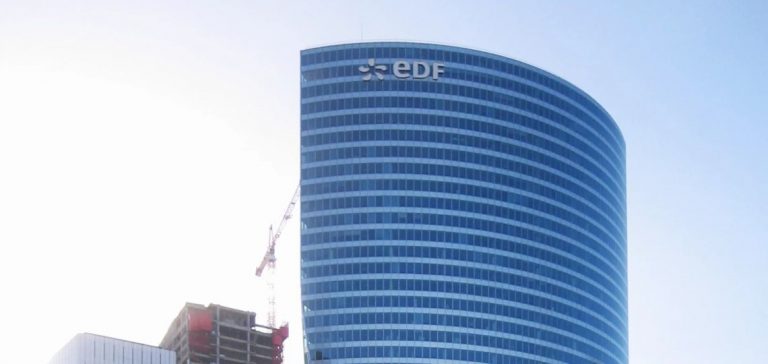The Paris Correctional Court is currently examining the responsibility of EDF and its former CEO Henri Proglio for accusations of favoritism. The Parquet National Financier (PNF) estimates that 44 contracts, totaling €36 million, were awarded without adhering to the required competitive procedures. These events, which occurred between 2010 and 2016, primarily involve strategic consulting, communication, and risk management services.
The investigation highlighted the existence of a special internal procedure, known as “Tchernonog,” named after the former Secretary General of EDF, Alain Tchernonog. This directive allegedly allowed EDF to bypass formal public tender requirements for services exceeding €400,000. According to the prosecution, several consultants who benefited from these contracts were close to Henri Proglio, raising concerns about the integrity of these practices.
Influential Consultants Under Fire
The PNF targeted consultants who received contracts above the €400,000 threshold, classifying these deals as “formal procedures” requiring competition. Notable figures named in the case include Jean de Belot, a former journalist, and criminologist Alain Bauer, who carried out a mission valued at €650,000 for EDF. These consultants, along with other personalities such as Alexandre Medvedowsky, a former magistrate, all claimed to be unaware that the contracts were in violation of legal procedures.
Meanwhile, Loïk Le Floch-Prigent, a former executive of Gaz de France and SNCF, faces one year in prison due to his previous criminal record. Other sentences sought by the PNF range from 6 to 18 months of suspended prison sentences and fines up to €1 million for some entities involved, such as the consulting firm of former Vivendi CEO, Jean-Marie Messier.
Defense Arguments Focused on Confidentiality
The accused consultants argued that the missions entrusted by EDF, dealing with security and economic intelligence issues, justified a lack of competition due to confidentiality concerns. Alain Bauer defended the absolute need for discretion regarding his work on the “criminalization of the global economy” and nuclear safety. According to him, these topics required a high degree of confidentiality, incompatible with the constraints of a public tender.
However, the PNF dismissed these claims, arguing that favoritism was enabled by ambiguous internal procedures. A 2010 internal note, known as the “Tchernonog procedure,” formalized the possibility of using direct contracts. The prosecution believes that this internal directive was abusively used to justify awarding contracts to consultants close to the executive.
Potential Impact on EDF’s International Markets
EDF’s legal counsel requested the company’s acquittal, arguing that a conviction, even without being recorded in its criminal record, could disqualify the group from accessing certain strategic international markets. The defense pointed out that EDF, now 100% publicly owned since 2023, is currently repositioning itself on key infrastructure projects. A conviction could damage its reputation and limit its international partnership opportunities.
For Henri Proglio, the stakes are also personal. The former CEO, who led EDF from 2009 to 2014, stated that he never intended to bypass the rules, declaring that he has already been “condemned by the media” before the trial’s conclusion. His lawyer, Jean-Pierre Mignard, is advocating for acquittal, emphasizing that there was no personal enrichment on his client’s part.
Upcoming Verdict and Its Implications
The Correctional Court is set to rule on the responsibility of EDF as a corporate entity and on the involvement of the consultants implicated in the case. Among them, Alain Tchernonog was not tried due to health reasons, despite his key role in establishing the controversial procedure. This trial highlights potential governance issues within major French public enterprises and could lead to stricter internal controls on contract awards.
The upcoming ruling is expected to have repercussions on EDF’s governance and the broader management of public companies’ relations with external service providers.






















